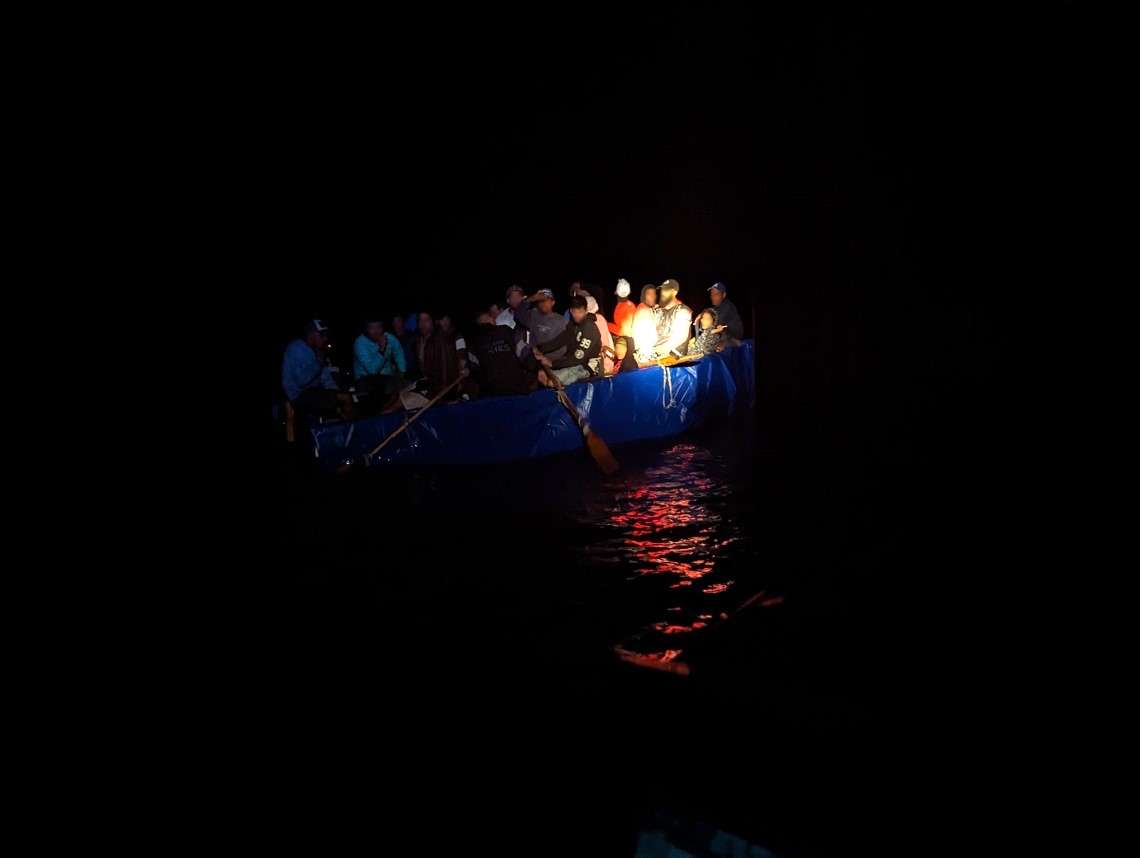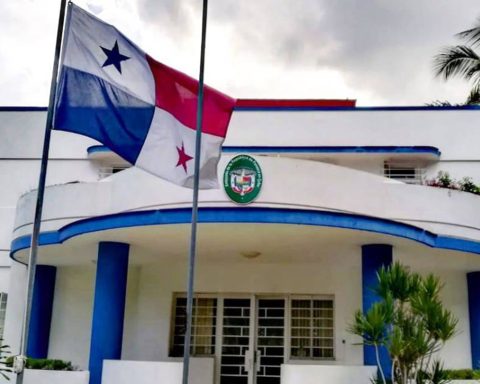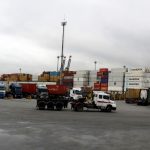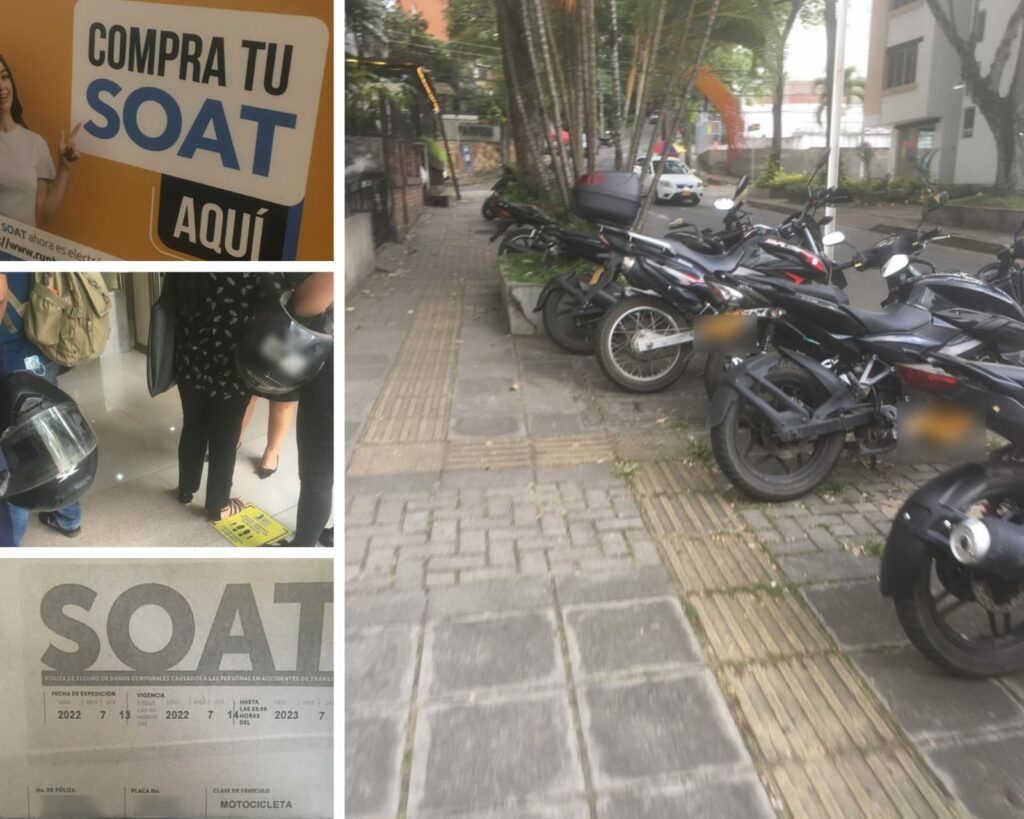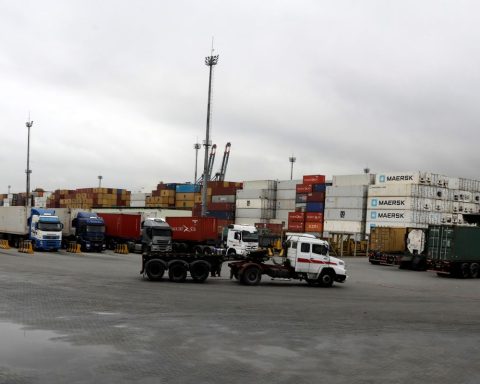The United States Coast Guard repatriated to Cuba a group of 164 rafters aboard the coast guards Charles David Jr. and Raymond Evans this Friday, according to what he reported from his Twitter profile.
The group, of which no details of age or gender composition are offered, corresponds to eight interdictions carried out this week. Last Saturday he had returned 152.
#breaking @USCG Cutters Charles David Jr, Ray Evans repat 164 Cubans, Fri.
“USCG crews are repatriating individuals attempting to improperly enter the US by sea to their country of origin or departure.” –LCDR Cobb #DontTakeToTheSea
Read: https://t.co/YaEDiexap3@USEmbCuba pic.twitter.com/YFLYpTFcRM
—USCGSoutheast (@USCGSoutheast) December 16, 2022
From October 1 to date, the Coast Guard intercepted more than half (3,450) of the total number of rafters held during 2022. The number then was 6,182.
A Customs and Border Protection Air and Marine Operations plane sighted the first of this group on Monday.
That same day, in the same way, three more boats were sighted. The three found between Long key, Boot key and Indian key.
The coast guard itself intercepted another precarious vessel on Monday about 20 miles from Boca Grande. On Tuesday, boats were sighted in the areas of Long Key, Key Largo, and Tavernier Creek.
“The Coast Guard crews are repatriating people who attempt to improperly enter the US by sea to their country of origin or departure,” warned the lieutenant commander. Mark Cobb, Coast Guard District Seven.
Havana points to the Cuban Adjustment Act as a reason for its citizens to try to reach North American soil irregularly, by land or sea. This regulation allows access to permanent residence to those who remain at least one year in its territory.
To this should be added the serious economic crisis that the country is experiencing, exacerbated by the COVID-19 pandemic, US sanctions and internal difficulties and inefficiencies, a situation that motivates many people to leave the Island in any way possible. search for better living conditions.
